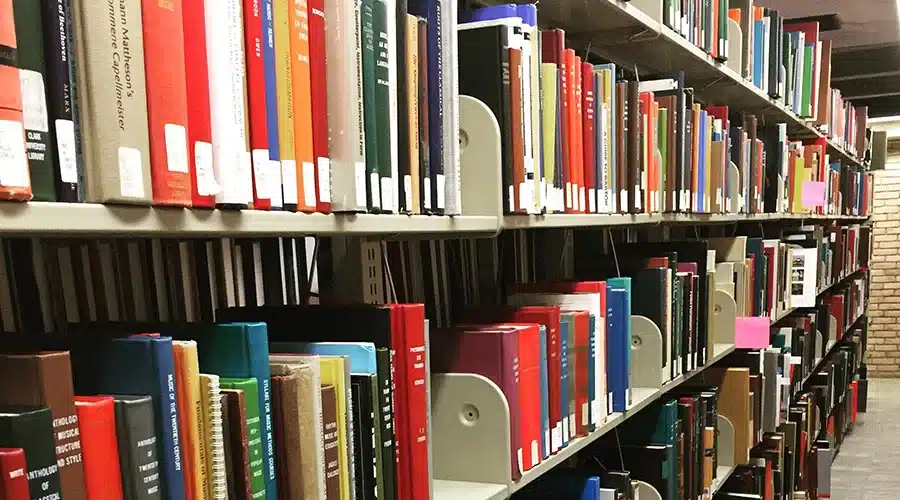
A few days back, in an attempt to reduce the number of times I reach out to the mobile phone involuntarily, I set up a timer for the screen time of WhatsApp. For now, it is working. Most of us have enough anecdotal stories of our attempts to reduce the infinite scrolling and browsing, with spectacular failures, moderate successes and everything in between.
This is January. But this is not about new year resolutions.
Trying to make a sense of everything around me has been a sort of obsession for a while. A frustrating one at that. Frustrating because, it seems incredibly difficult. Despite my gastroenterologist’s advice not to think too much and spoil my gut health, I invariably end up there too often.
Making sense also means trying to understand and reconcile with the many contradictions that we live with.
Ability to focus and do deep work is critical for improving our cognitive ability and success. This perhaps is known to everyone and doesn’t need any validation. It is intuitive. Probably, too intuitive that we forget it. Cal Newport’s ‘Deep Work’ is a must read then. With enough evidences and arguments, he proves the point that Deep Work is rare, valuable and meaningful. (As an aside, I received this book as a new year gift in 2021, but I kept it aside thinking ‘I know it’ and it is ‘intuitive’. This year I picked it up from the shelf on a Sunday, and tested if I can read it without distraction, ending up finishing it on the same day. Should have done this last year).
But, we now live in a world where creating distraction is a source of economic value (for those who create it). Not that it is new. It is Herbert A Simon, Nobel winner psychologist and economist who coined the term ‘attention economy’ in the 70s and also noted that multi-tasking is a myth. Tim Wu in his book, The Attention Merchants: The Epic Struggle to Get Inside Our Heads’chronicles the history of the media industry spanning over a 100 years, through radio to broadcasting to internet and social media. Attention merchant is rightly defined as ‘an industry-scale harvester of human attention’.
It is not just about media and advertising. Though every platform is now also becoming an advertising medium. All e-commerce retailers (aggregators) have now advertising as a clear revenue line. Outside advertising, every business that is getting digitised and having a digital interface with consumer (and the insatiable hunger for scale) is constantly vying for attention. A quick glance at some of the customer engagement products show claims like 30 bn or 300 bn push notifications a month by each of them. These numbers are certainly not the full picture. As this would not include the many messaging platforms, and the native solutions that many apps would be using. With metrics like DAUs, the war that is fought is of epic proportions.
And, the best minds, in different disciplines – software engineering or neurosciences or behavioural sciences are today spending time thinking how to distract minds at large scale.
The very same minds, probably who have reached this stage through hard work, keeping distraction at bay. Every year, the rank holders (and their parents) of India’s premier engineering entrance examinations proudly talk about their strict regimen of learning for over three or five years, away from mobile or television or entertainment on internet, and how focus is so critical for success. But soon, the prestigious jobs that they land require devising best algorithms to create distraction and manipulating minds at scale.
Maybe I am grossly wrong in seeing this as a contradiction. I should take my doctor’s advice perhaps a little more seriously. After all, whatever happens around us to grab our attention, protecting our sanity is our own responsibility.
A couple of years back, I asked the marketing lead of a leading brand that how did they reconcile with the fact that some of the products their company is selling are not necessarily good for health, especially if consumed regularly. They were clear that finally it is the consumer’s responsibility/choice to decide what is good/bad for health. If not anything, I respect their clarity of thought.
Charles Eames, the celebrated American artist and industrial designer is credited with a quote that’s perhaps apt here – ‘Beyond the age of information, is the age of choices’.
Tailpiece: This article will be posted on the my social handle in LinkedIn. Thank you for your ‘attention’.